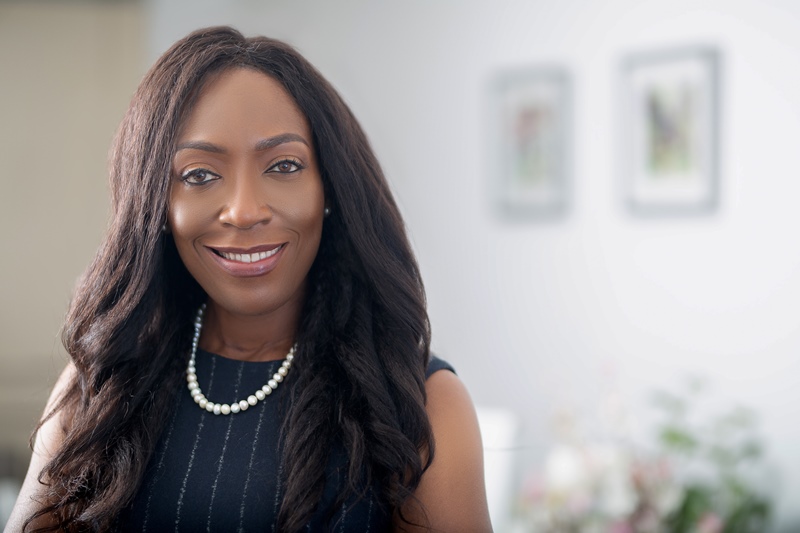Nigeria at 61
Lending her voice to the celebration of Nigeria’s 61st independence today, speaking with KEMI AJUMOBI, Nonny expressed her opinion on our achievements, challenges and the way forward. Here is what they she has to say. Excerpts.
As I contemplate the fact that our beloved Nigeria is celebrating 61 years of existence as an independent country, I reflect on the importance of our context and history and recall the introduction to the song “Another Story” by Nigerian Afro fusion musician, Burna Boy, spoken by the investment banker turned political filmmaker, Jide Olanrewaju, which simply states- “To understand Nigeria, you need to appreciate where it came from”.
It is important to understand how far we have come as a nation. Since independence, Nigeria has experienced four republics, military regimes, war and insurgencies, health and social crises, mismanagement of resources, brain drain, and continuous devaluation of the Naira- just to name a few.
Despite these challenges, we have also witnessed a rise in SMEs and MSMEs, emergence of young professionals that have risen to become captains of industries-spear-heading innovations in various professions and areas; Nigerians making remarkable and record-breaking impacts all over the world, not only in the country. With these achievements in mind, I would argue that Nigeria is a resilient nation and that it is able to attain greater heights as a country if we work collaboratively towards solving our societal problems.
There is, therefore, an urgent need for us to rethink our policies to focus on outcomes and value creation, social, economic, and environmental value, rather than on activities and transactions. It is also important for us to employ a challenge-led innovation approach, by focusing on solving the problems articulated by the 17 UN Sustainable Development Goals (SDGs) to navigate our development.
Two opportunities come to mind for consideration. The first is the challenge of youth development. This is an important societal problem to solve, with 60% of Nigeria’s working-age population being under 34 and unemployment for people aged 15 to 24 at 53.4% as at March 2021, according to a Bloomberg report.
One recommendation is a bottom-up approach that actively involves young people in defining the problems that they face, and in co-designing and implementing solutions that they consider relevant, viable and sustainable in the twenty first century. This contrasts with imposing top-down solutions that may not be relevant or impactful in the long-run.
The second problem to solve, is that of degenerative linear economy model that has become unsustainable. It is imperative that we adopt the alternative and viable circular economy model. This is a regenerative, distributive, and inclusive model. One major resource that we haven’t fully utilised is our waste. Waste can be used to produce renewable energy, fertilizers for our crops and recycled for other products. I would argue that paying attention to waste and moving away from linearity would lead to ripple effects and great outcomes such as improved employment statistics and environmental resilience for the country.
In closing, I wish Nigeria a happy independence and pray that we endeavour to collaboratively construct a sustainable country for future generations!
Author





